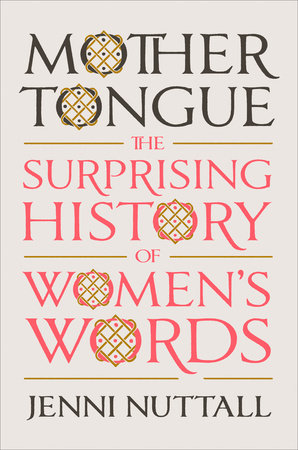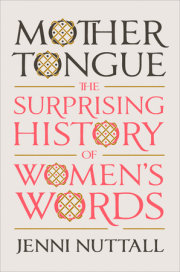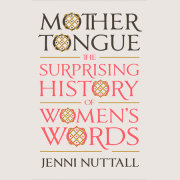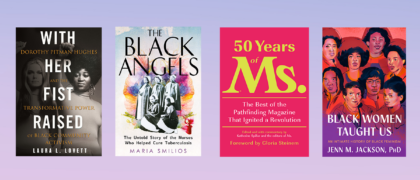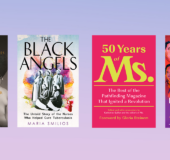Praise for Mother Tongue
“A fascinating look at how we talk about women. . . . Dense with information and anecdotes, Mother Tongue touches on the hilarious and the devastating, with ample dashes of an ingredient so painfully absent from most discussions of sex and gender: humor.”
―Lisa Selin Davis, The Washington Post
“[Nuttall] examines the origins of words used over many centuries to describe women’s bodies, desires, pregnancies, work lives, sexual victimhood, and stages of life. . . . Her research is comprehensive enough that even longtime word enthusiasts will find plenty of new trivia.”
―The New Yorker
“Edifying and enlivening, Mother Tongue excavates the history of various words, from those relating to menstruation to words used to describe violence against women.”
―Rhoda Feng, The Boston Globe
“A fascinating history of the words used to describe women and their bodies and their work from the fifth century to 1800.”
―St. Louis Post Dispatch
“An eye-opening survey of the etymology of words used to identify women’s body parts, the kind of work they performed, and the violence they suffered from men in Anglo-Saxon English from the 400s to the 1800s (with brief forays into more recent times). . . . This is required reading for logophiles, feminists, and history buffs.”
―Publisher’s Weekly (starred review)
“This easily digestible and scenario-rich depiction of the evolution of language we take for granted is . . . done with care and compelling detail. Nuttall answers why we have been taught to say what we do, but more importantly, reminds us that the language we are handed is contextual, cultural and ultimately changeable.”
―BookPage
“Fascinating, intriguing, witty, a gem of a book.”
―Kate Mosse, author of Warrior Queens & Quiet Revolutionaries
“Nuttall, a scholar of Anglo-Saxon and medieval literature and the history of the English language, brings humor and a merry curiosity to her examination of the ‘lively, unruly and often startlingly vivid’ words used in reference to women and their bodies from Old English to the present. . . . A fresh, informative perspective on women’s lives through the centuries.”
―Kirkus Reviews
“Mother Tongue is scholarly and authoritative, but joyful, never dry, leavened with vivid etymological tidbits and Nuttall’s wry asides—for example, that Genesis’ blaming Eve for the labor of childbearing is ‘such a dick-move.’”
―Booklist
“From the womb-wicket to the child-mighty, and roaring maidens to cunning crones, Mother Tongue encompasses a millennium of enthralling English parlance. Incisively scholarly, affectionately humorous (and sometimes quietly furious), Nuttall sifts the archives of centuries and listens to modern echoes, as lost voices emerge, showing how women have long spoken, and been spoken of. Vivid, philosophical, absorbing and urgent, this superb book teems with historical marvels and their 21st century resonances.”
―Rebecca Wragg Sykes, author of Kindred
“What a revelatory delight of a book. It is richly scholarly, wry and funny, healthily grounded in women’s bodily experiences―they don’t change but attitudes towards them do, and we are clearly very mistaken if we think we are getting it right and previous generations were unenlightened. There is a nugget of joy and wisdom on every single page.”
―Victoria Whitworth, author of Daughter of the Wolf
“Full of interesting observations . . . Entertaining.”
―Philip Hensher, The Spectator (UK)
“One of the wittiest and most insightful books of the year . . . A must-have for any lover of language, history or women.”
―Buzz Magazine (UK)

